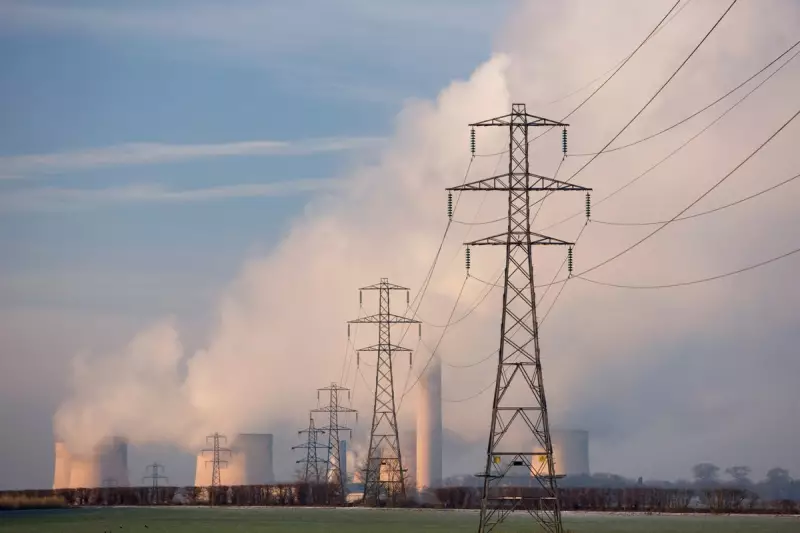
The National Grid Electricity System Operator (ESO) has issued a sobering warning about Britain's energy security this coming winter, signalling potential challenges that could hit consumers where it hurts most - in their wallets.
Winter Supply Concerns Mount
In its latest forecast, the National Grid ESO outlined several scenarios where Britain's electricity margin - the buffer between supply and demand - could become "tighter than normal" during the coldest months. This precarious situation raises the spectre of higher energy bills for households already grappling with the cost of living crisis.
What's Behind the Potential Shortfall?
The grid operator pointed to multiple factors converging to create this challenging outlook:
- Reduced electricity imports from Europe, where many countries face their own energy uncertainties
- Potential limitations in gas availability affecting gas-fired power stations
- Ongoing maintenance schedules for some nuclear power facilities
- Britain's increasing reliance on intermittent renewable sources
Preparing for the Worst-Case Scenario
While the National Grid stressed this represents a "worst-case scenario" rather than a prediction, they've outlined contingency measures should supplies become critically tight. These include:
- Requesting additional generation from available power stations
- Importing more electricity via interconnectors from Europe
- Asking businesses to reduce consumption during peak periods
The operator emphasised that keeping the lights on remains their absolute priority, but acknowledged that managing tight margins would likely mean higher wholesale electricity prices - costs that typically filter down to household bills.
Broader Energy Context
This warning comes against a backdrop of global energy market volatility and Britain's ongoing transition away from fossil fuels. The situation underscores the delicate balance required in managing the nation's power supply while navigating the shift toward renewable energy and maintaining affordability for consumers.
Households are being advised to monitor developments and consider energy efficiency measures as winter approaches, with the full Winter Outlook report due for publication in the coming months.





